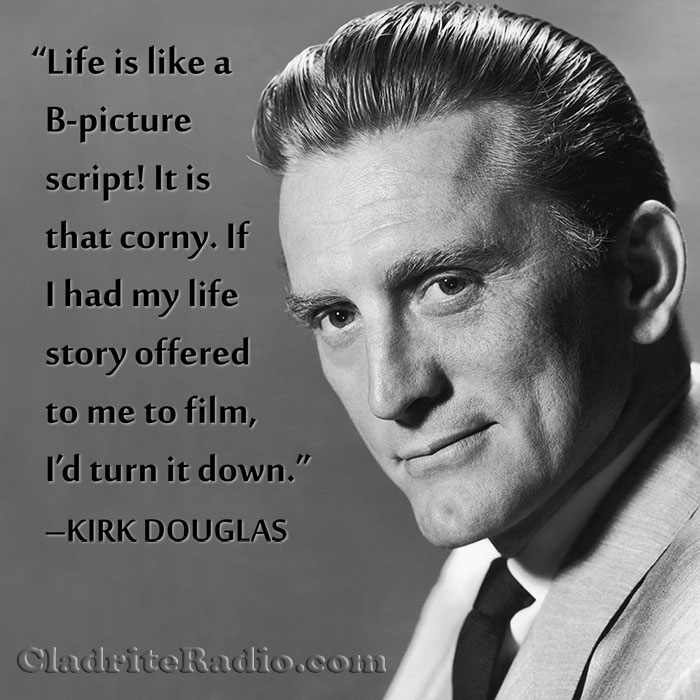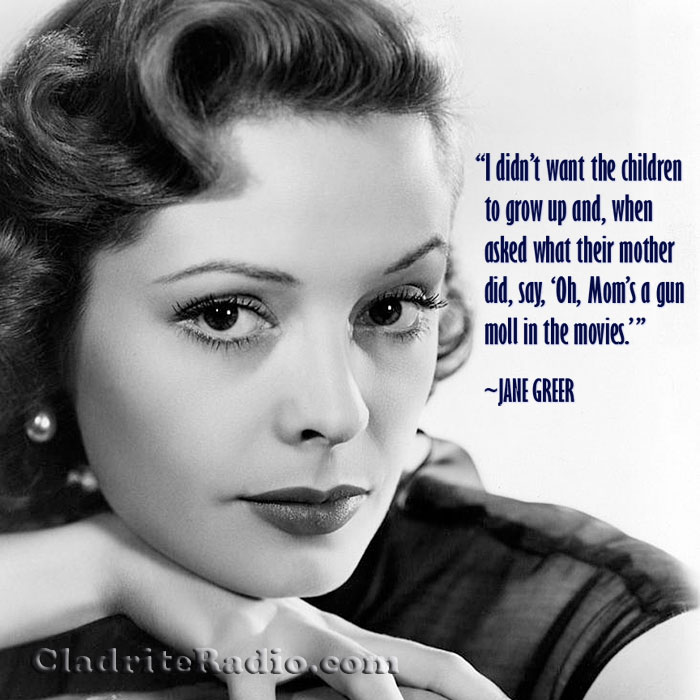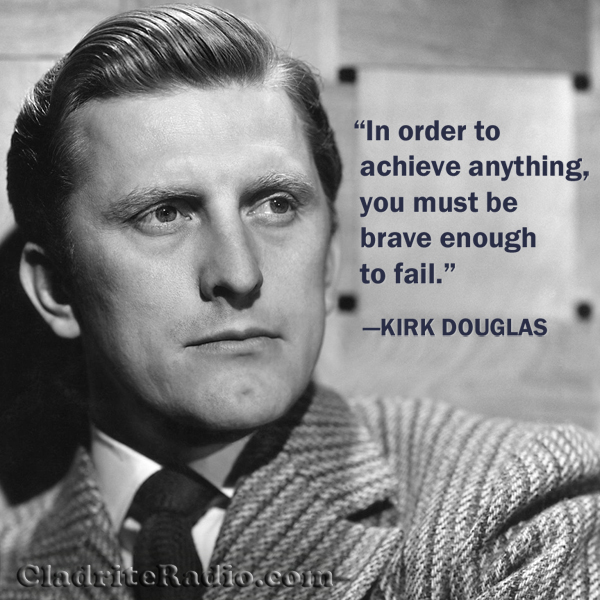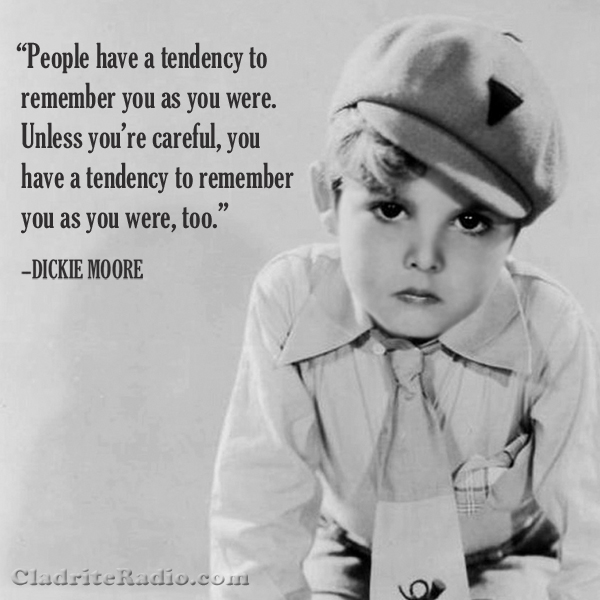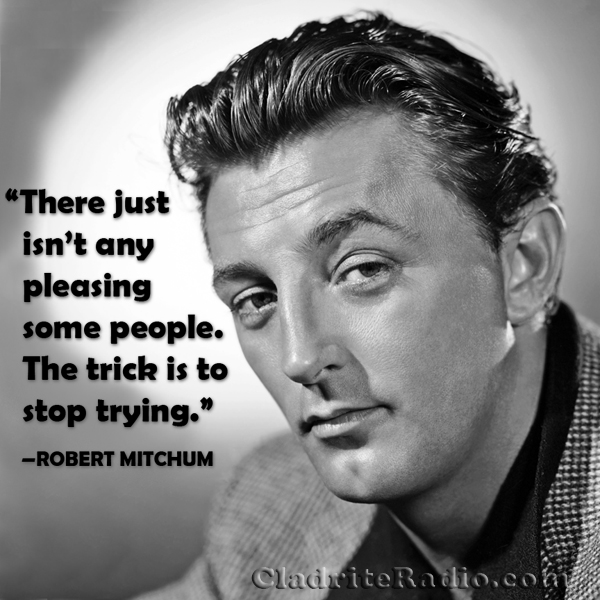Kirk Douglas was born Issur Danielovitch not 80, not 90, but 100 years ago today in Amsterdam, New York! Here are 10 KD Did-You-Knows:
- Douglas’ parents emigrated to the United States from what is now Belarus (it was at the time part of the Russian Empire). As Douglas wrote in his autobiography, The Ragman’s Son, “My father, who had been a horse trader in Russia, got himself a horse and a small wagon, and became a ragman, buying old rags, pieces of metal, and junk for pennies, nickels, and dimes. … Even on Eagle Street, in the poorest section of town, where all the families were struggling, the ragman was on the lowest rung on the ladder. And I was the ragman’s son.”
- Douglas worked many odd jobs in his youth before attending St. Lawrence University. Upon graduation, he was given a special scholarship to study at the American Academy of Dramatic Arts in New York City. One of his classmates there was Betty Joan Perske (Lauren Bacall, don’tcha know).
- Coming from a poor family, Douglas struggled greatly while studying at the American Academy, so much so that Bacall, who had acquired a crush on Douglas, gave him one of her uncle’s old coats. Douglas and Bacall were good pals, but never romantic.
- In 1941, Kirk Douglas enlisted in the Navy, where he served as a communications officer in anti-submarine warfare. He received a medical discharge in 1944, due to injuries he’d received.
- Douglas planned to pursue a life in the theatre, but Hollywood came calling in 1946 when Bacall, who was already a success in pictures, recommended him to producer Hal Wallis to play opposite Barbara Stanwyck in The Strange Love of Martha Ivers (1946).
- Among Douglas’ most memorable early roles were his portrayals of a steely gangster in the film noir classic Out of the Past (1947) and an unscrupulous boxer in Champion (1949). The latter gave Douglas the first of his three Oscar nominations in the Best Leading Actor category.
- Douglas made his Broadway debut in Katharine Cornell‘s production of Chekov‘s Three Sisters.
- In January 1981, Douglas, who has been a Goodwill Ambassador for the US State Department since 1963, received the Presidential Medal of Freedom from President Jimmy Carter.
- Douglas suffered a severe stroke in 1996 that impaired his ability to speak, but he diligently pursued treatment and rehabilitation and just weeks later, when he received a honorary Academy Award “for 50 years as a creative and moral force in the motion picture community,” he was able to be on hand to deliver an inspiring acceptance speech to those on hand and millions more watching on television.
- Douglas is the author of no fewer than 10 books.
Happy birthday, Kirk Douglas, and many happy returns of the day!
